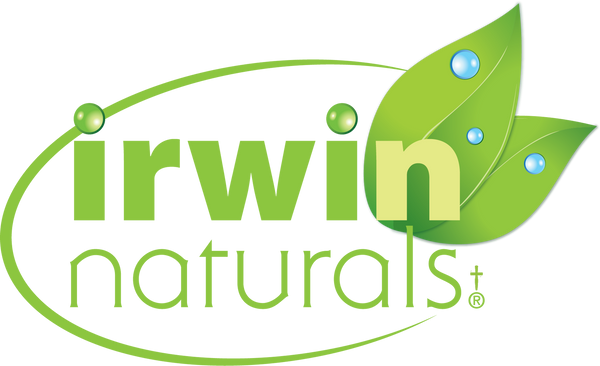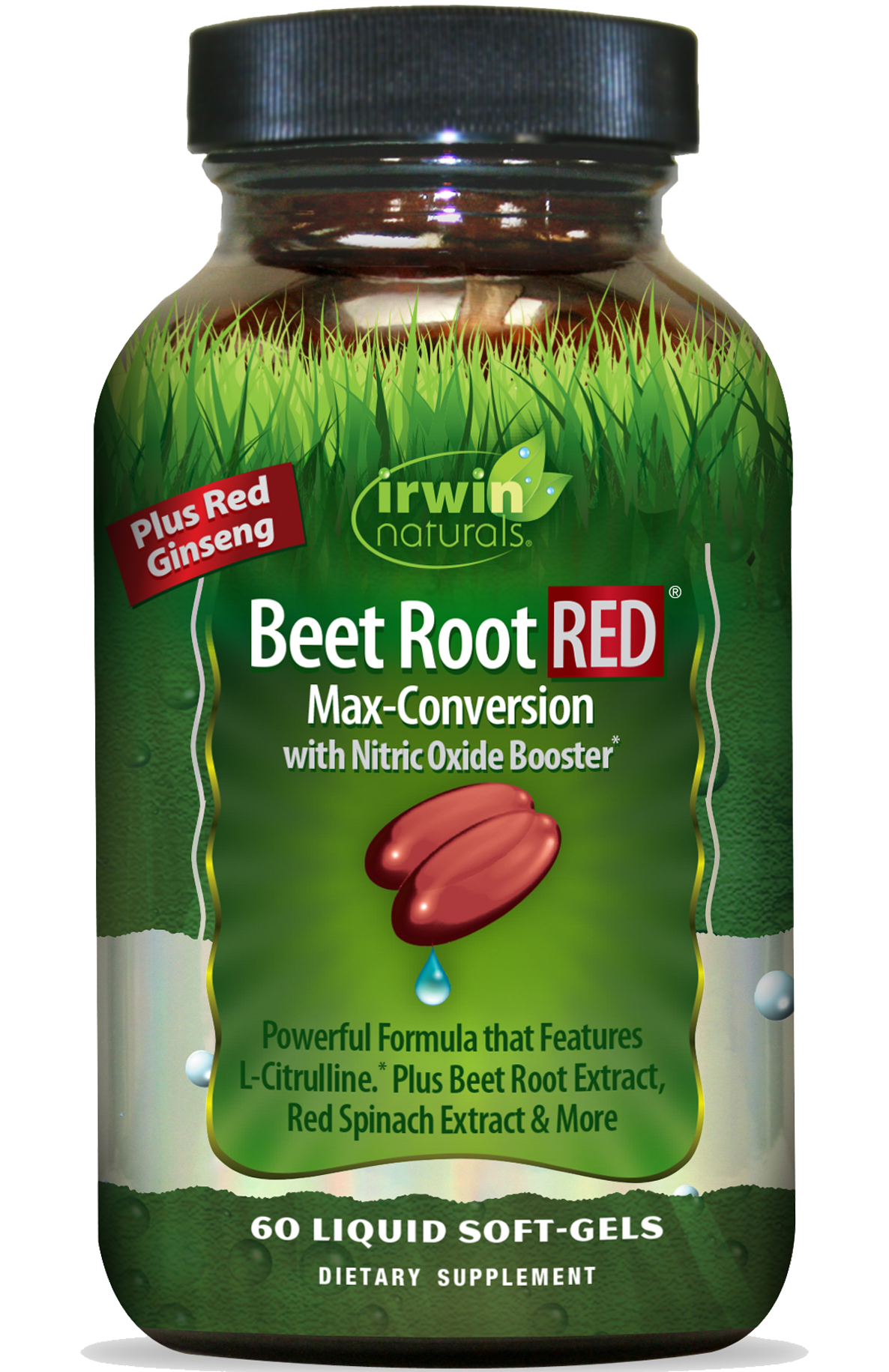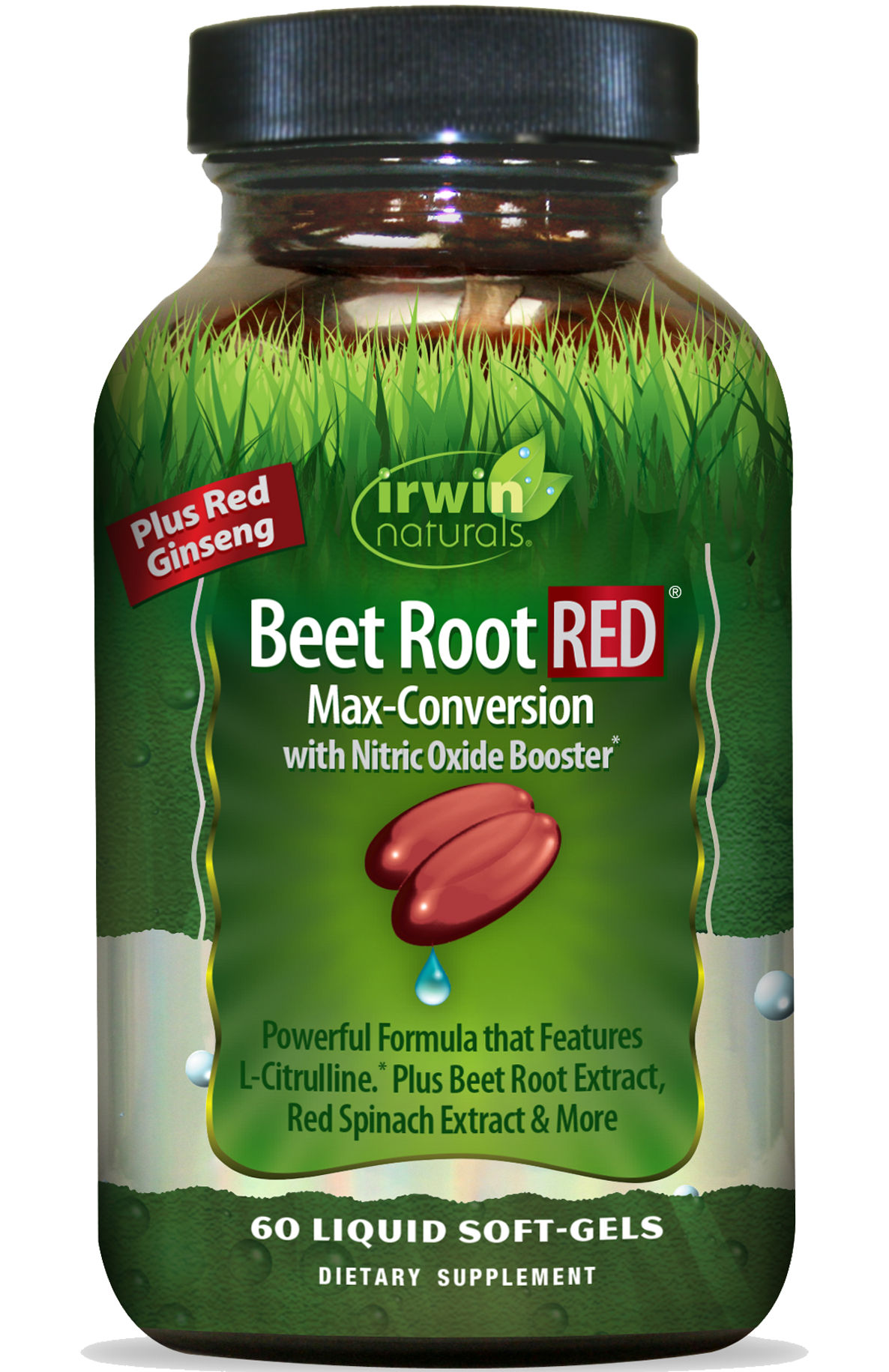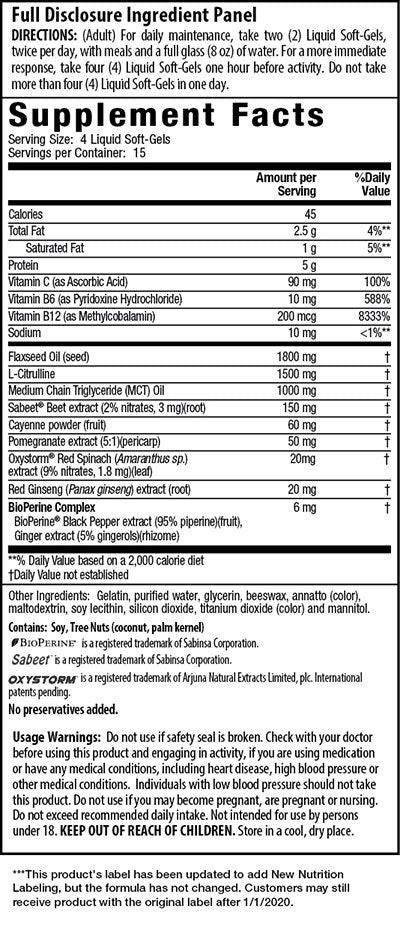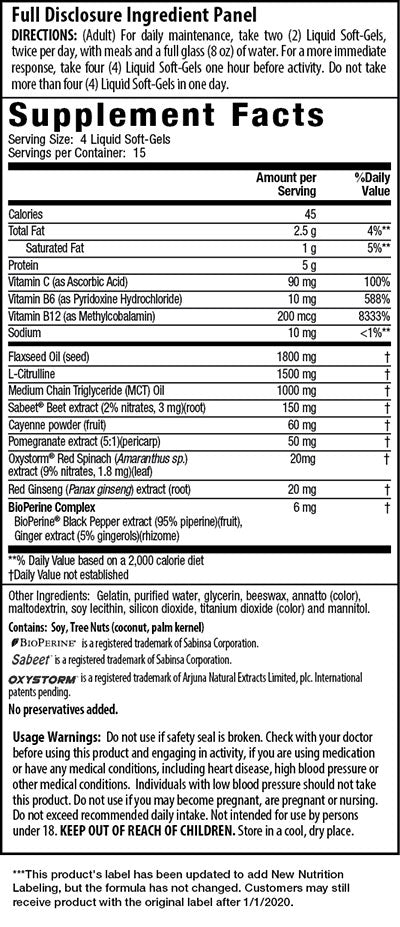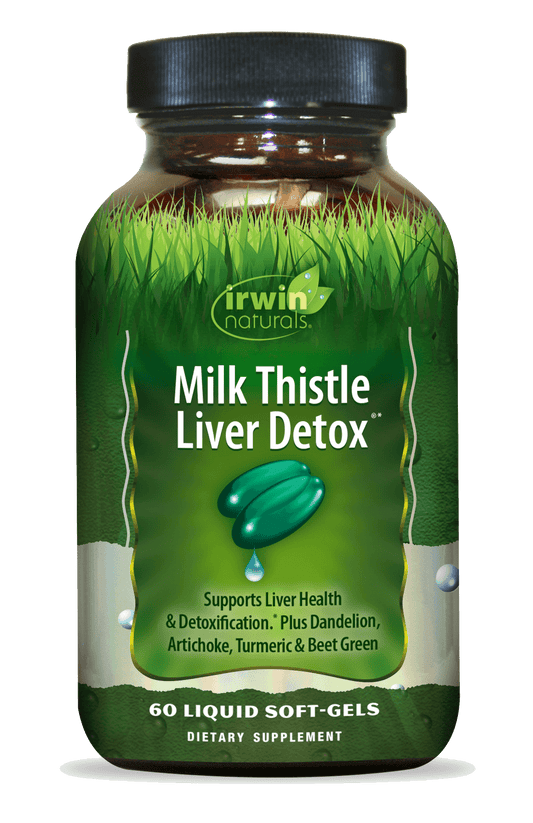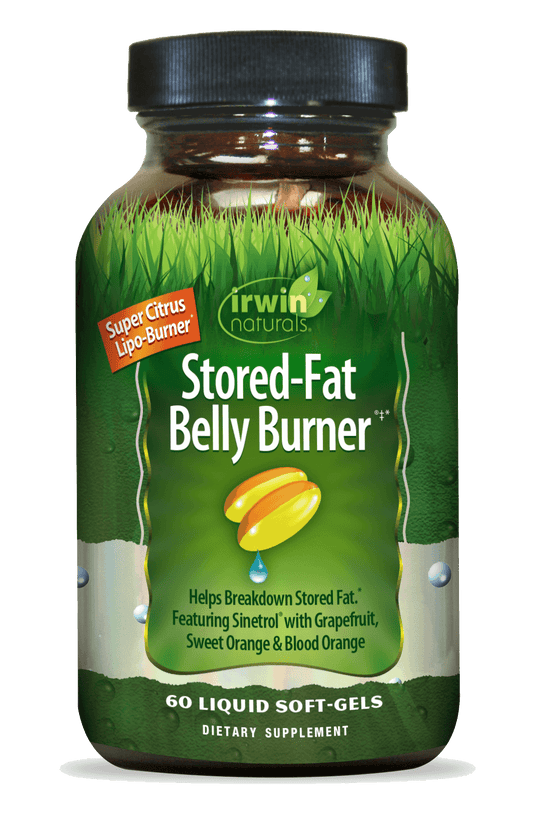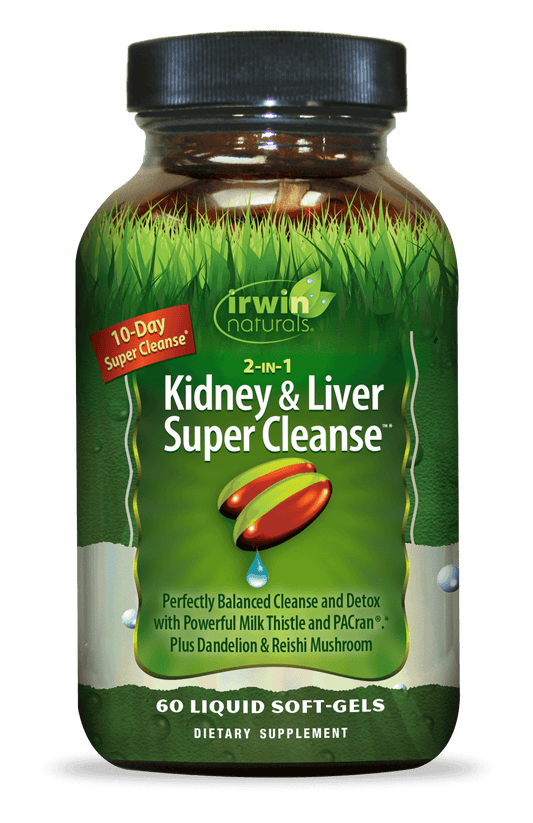Description
This comprehensive formula features concentrated Beet Root extract and Red Spinach extract, which supply plant-sourced Nitric Oxide precursors in the form of nitrates.
-
Beet Root RED includes L-Citrulline, an amino-acid that readily converts into L-Arginine within the body, which can then be converted into Nitric Oxide, to help support blood flow.
-
Beet Root RED incorporates MCT Oil, Vitamin B6 and Vitamin B12 to support cellular energy, Ginseng, traditionally used in revitalizing formulas, as well as Cayenne, traditionally used to support blood circulation.* This product can be taken daily for ongoing maintenance of overall cardiovascular health or before exercise to enhance performance.
Details on Beet Root RED™
Nitric Oxide and Its Importance
Beet Root RED™ is designed to deliver Nitric Oxide precursors and supportive ingredients to help support optimal blood flow through multiple biochemical pathways.
Nitric Oxide (NO) plays many important roles in health maintenance. It modulates blood flow, acts as a potent antioxidant protecting cells from oxidative stress, and functions as a neurotransmitter by relaying communication between nerve cells.[1]
Without optimal blood flow, the nutrients and oxygen carried by the blood face difficulty reaching every cell of the body. Nitric Oxide is the primary signaling molecule that causes the dilation of blood vessels, allowing for improved blood flow throughout the body.[2]
As we age, our ability to produce Nitric Oxide diminishes, which may contribute to various age-related health issues such as hypertension, erectile dysfunction, and peripheral vascular disease.[3]
Beet Root RED™ and Natural Nitric Oxide Support
Beet Root RED™ supports Nitric Oxide production in the body by acting on two known biochemical pathways: the Nitrate-Nitrite-Nitric Oxide Pathway and the L-Arginine Pathway.
The Nitrate-Nitrite-Nitric Oxide Pathway
Beet Root and Red Spinach, featured in this formula, are excellent sources of plant-derived nitrates. Scientific research suggests that these nitrates may be effective substrates for the production of Nitric Oxide.[4]
Works Cited
- Robbins, R. A. (1997). Nitric Oxide. The International Journal of Biochemistry and Cell Biology, 857-860.
- Bescos, et al. (2012). The Effect of Nitric-Oxide-Related Supplements on Human Performance. Sports Med, 42(2), 99-117.
- Smith, A. R., & Hagen, T. M. (2003). Vascular endothelial dysfunction in aging: loss of Akt-dependent endothelial nitric oxide synthase. Biochemical Society Transactions, 1447-1449.
- Lidder, S., & Webb, A. (2012). Vascular effects of dietary nitrate (as found in green leafy vegetables and beetroot) via the nitrate-nitrite-nitric oxide pathway. British Journal of Clinical Pharmacology, 677-696.
- Rajapakse, N., Head, G., & Kaye, D. (2016). Say NO to Obesity-Related Hypertension: Role of the L-Arginine-Nitric Oxide Pathway. Hypertension, 813-819.
- Habermeyer, M. (2015). Nitrate and nitrite in the diet: How to assess their benefit and risk for human health. Molecular Nutrition & Food Research, 106-128.
